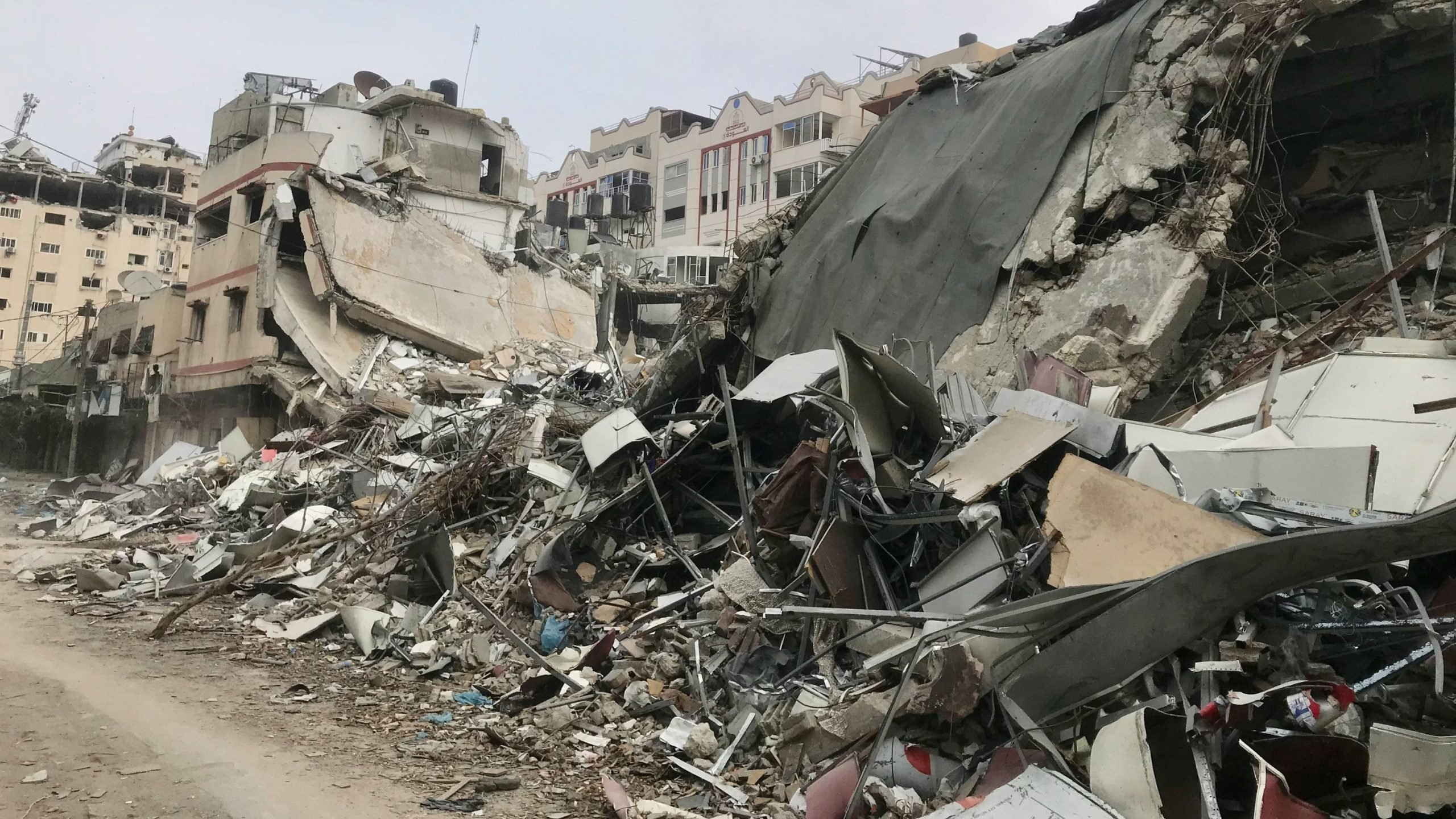Israel has endorsed a new aid distribution framework in Gaza that places facial recognition technology at its center, triggering widespread alarm over privacy concerns. The system, still without external funding, would restrict food access to those who do not undergo biometric screening.
As outlined by journalist Daniel Estrin, Palestinians would be required to register at specific collection points and submit to facial scans before receiving food parcels. “Palestinians would be coming to these places, registered and screened through facial recognition technology. They’d pick up parcels for their family,” Estrin said.
Israeli officials frame the move as a way to prevent humanitarian supplies from being seized by Hamas.
More: Israeli Intelligence To Be Granted Full Access to National Biometric Database
The proposal comes amid broader biometric expansion across Israeli-controlled areas. Over the past year, facial recognition tools have been integrated into border operations in the West Bank.
In Gaza, similar surveillance systems developed by companies such as Corsight and leveraging Google Photos, have already been used by the military. Which firm would implement the new aid-related surveillance remains unknown.
The UN has expressed opposition, warning that the planned rollout of aid checkpoints, restricted to as few as four in the entire southern region of Gaza, would weaponize hunger. UNICEF’s James Elder stated the approach “contravenes basic humanitarian principles” and appears constructed to “reinforce control over life-sustaining items as a pressure tactic.”
Israel’s hope to finance the biometric infrastructure has also hit roadblocks. A request to the United Arab Emirates for funding has been rejected, leaving the future of the initiative uncertain.










